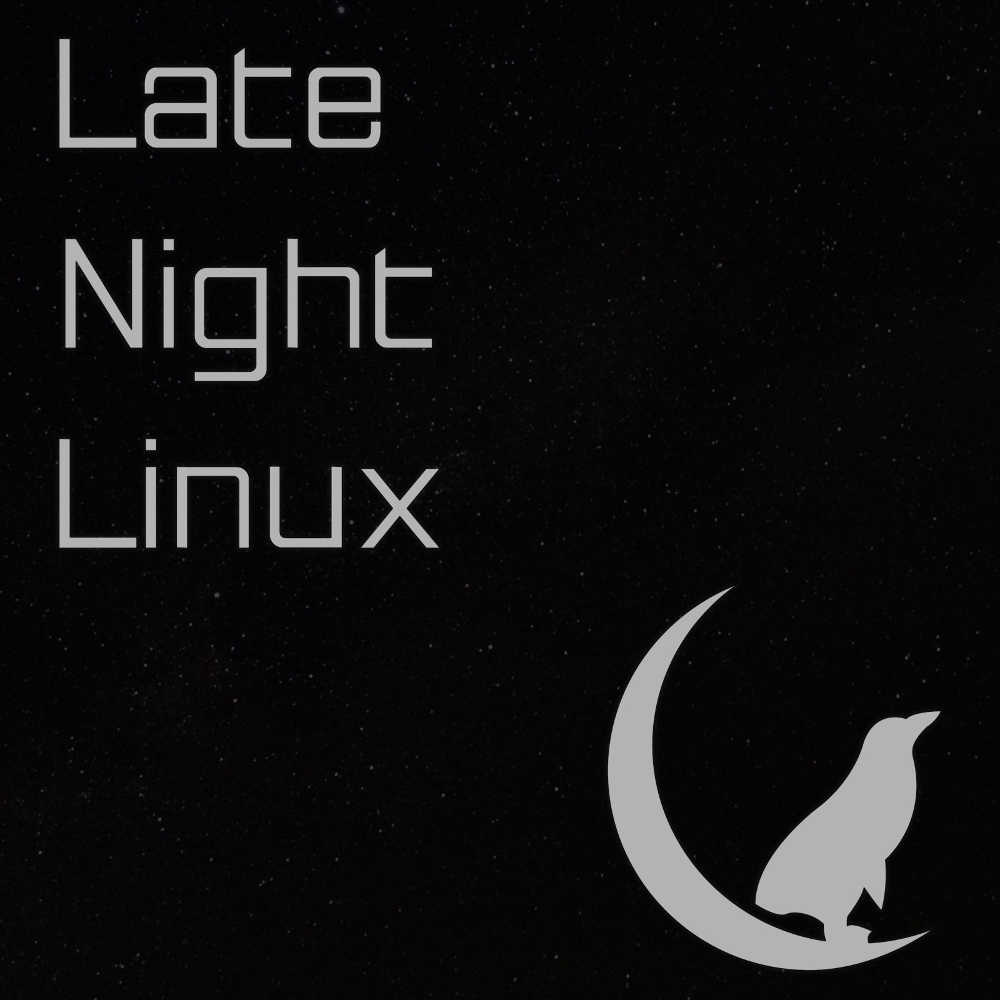Podcast (all): Download (Duration: 43:07 — 29.7MB)
With Graham and Will firmly on board, we talk about the future of the web and how Google’s AMP will affect it. That’s after a news section that includes a new Qt music player, the end of passwords, and the potential death of Steam Machines.
New hosts
We introduce Graham Morrison and Will Cooke.
News
Elisa: Finally something to replace faltering Amarok?
System76 joins the Gnome foundation advisory board
WebAuthN to “replace” passwords online?
Steam Machines disappear from Valve’s site but Valve claim that Steam Machines aren’t dead yet
Entroware
This episode of Late Night Linux is sponsored by Entroware. They are a UK-based company who sells computers with Ubuntu and Ubuntu MATE preinstalled. They have configurable laptops, desktops and servers to suit a wide range of Linux users. Check them out and don’t forget to mention us at checkout if you buy one of their great machines.
AMP
Are Accelerated Mobile Pages a great way for publishers to offer a fast and unified experience on mobile browsers? Or is Google forcing content to be centralised in a way that the Web traditionally wasn’t? Or maybe both?
See our contact page for ways to get in touch.



Hmmm, maybe I need to change my name here now that there is a host named Will….
What do you use to read RSS feeds? Recently, I have been using Miniflux which works pretty well (I wish there were a couple things different). I also like the Firefox extension called Brief, but Miniflux is similar and I like how it is just a normal page in the browser whereas Brief is a special addon page that doesn’t work with other extensions.
Nice topic! Almost forgot:
What clients do you guys use for RSS (Linux and Android)?
How about podcasts?
Thanks
(Simple question, no need for a discussion on witch is better)
I don’t see a problem with System76 making their own distro even if it is only Ububtu with a skin. That means it’s easier to maintain.
The fact that they CAN do it is what’s amazing in the FOSS world in the first place, isn’t it?
I wouldn’t use it but I can see why they did it and people would want to use it over Ububtu.
I’m really excited about webauthn. From the w3c website, “Conceptually, one or more public key credentials, each scoped to a given Relying Party, are created and stored on an authenticator by the user agent in conjunction with the web application.”.
Think of this as being able to authenticate to websites using SSH key. And this is meant to let your browser take advantage of secure hardware that is built into your device. Like TPM chips or iphone’s secure enclave. or yubikeys. The idea is that you’ll be able to identify yourself to a site, using a private key. If you use a TPM, then it should be borderline impossible to steal the private key. This is not vulnerable to phishing like ordinary password prompts are (even with a code as a second factor). Users wouldn’t need to memorize passwords and there would be no password reuse.
I think you got too hung up on the idea of using it with a fingerprint reader. I think its meant to be a framework for the browser to interface with hardware and do all kinds of stuff. IMO this could be great for security and convenience.
This podcast that came out last week has a good interview with someone involved with webauthn: https://risky.biz/RB494/. It sold me on it.